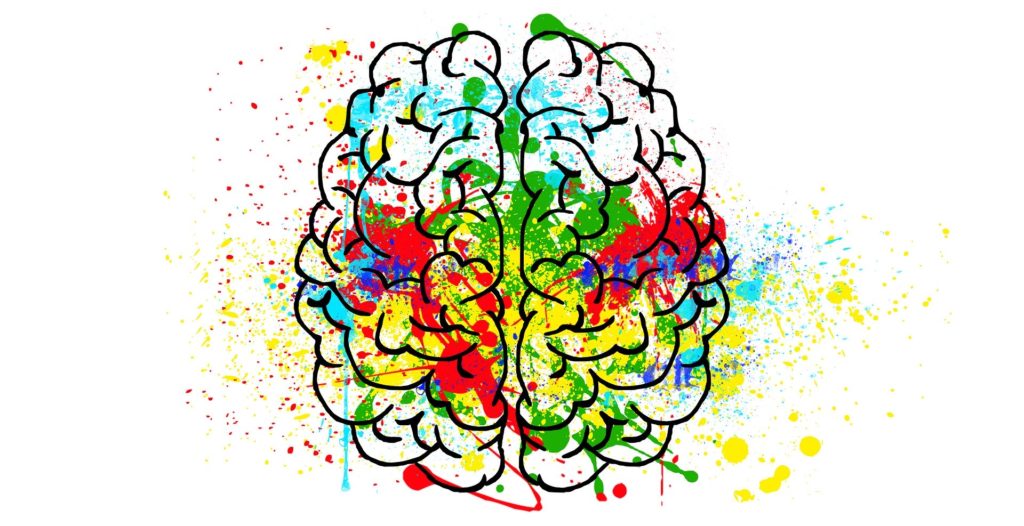Have you ever wondered why you feel so damn good after you orgasm? Well let me say it’s not an accidental occurrence, but rather a part of our beautiful brain chemistry. Your brain on orgasm is a healthy alternative to any other drug around for a pleasure boost.
As you know, sex or self-pleasure time, is a great way to get out of your head and into your body. You can move stress, tension and anxiety out of the body by the chemistry that happens in your brain. Sex and pleasure do not always lead to an orgasm. But when they do, your body experiences some major shifts and hormone releases.
Having an orgasm is really good for you!
Orgasm actually affects your brain chemistry, releasing hormones and creates pathways for pleasure. Having an orgasm is never the goal in sexual exploration but it is a beautiful way to connect deeper to your body. There are a few physiological reasons for this deeper connection and interesting brain science behind your Big “O”.
Here are a few things your body does naturally when having an orgasm:
- All logistical thinking takes a pause: When you have an orgasm, part of the frontal lobe of the brain slows way down. This is the part of the brain is responsible for reason, decision making and value judgements. So this can explain why you become less inhibited during sex.
- The Pleasure Hormone is released: During orgasm, your brain is creating an overload of hormones and one of them is the hormone dopamine which is responsible for feelings of pleasure, motivation and desire. It also helps of learn about pleasure because it takes notice of things that bring pleasure and teaches us to want more of them.
- Oxytocin Released: Oxytocin is also known as “the bonding hormone” because it gives us a sense of connection, love and attachment. This hormone is released when you orgasm or when women breastfeed. It makes us feel closer to others and encourages affection.
- Prolactin Released: This hormone is responsible for giving us that sense of satisfaction. Interestingly, it’s also the hormone responsible for milk production after pregnancy. It is another hormone to strengthen or connection to others.
- Brain turns on: The brain is stimulated the same way in orgasm as it is in any pleasurable activity. The reward pathways in the brain are activated during and leading up to orgasm so the brain doesn’t differentiate pleasure. The more you create these pathways, the more accessible an orgasm can be.
- Blood Rush: During orgasm, blood rushes to the brain. When blood rushes to one area of the body it helps keep it healthy.
- Stimulates relaxation: After an orgasm, the brain releases the hormone serotonin, which is responsible for good mood and relaxation. It can also promote sleepiness which is why you might want to take a nap. The parasympathetic nervous system is also turned on, which slows down the body and brings calm.
In times of great stress or anxiety, it can be difficult to find the time or desire to connect sexually, but it is the time when it’s most beneficial.
Come into your body through your breath. Find some connection to yourself so you can begin to feel and own your pleasure. Get out of your head and into your body for overall well-being. Let your brain be on orgasm as much as possible.

